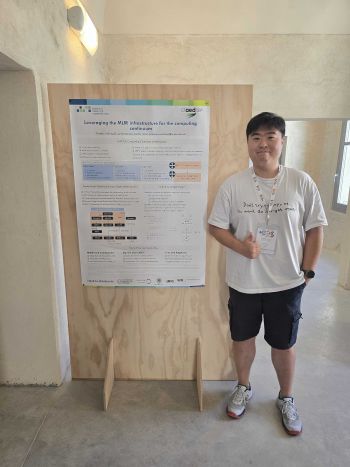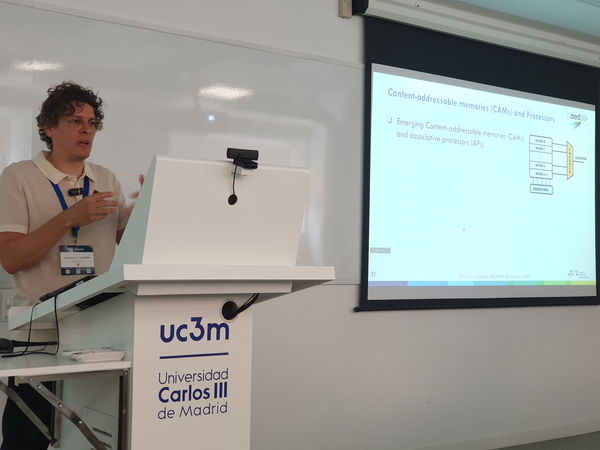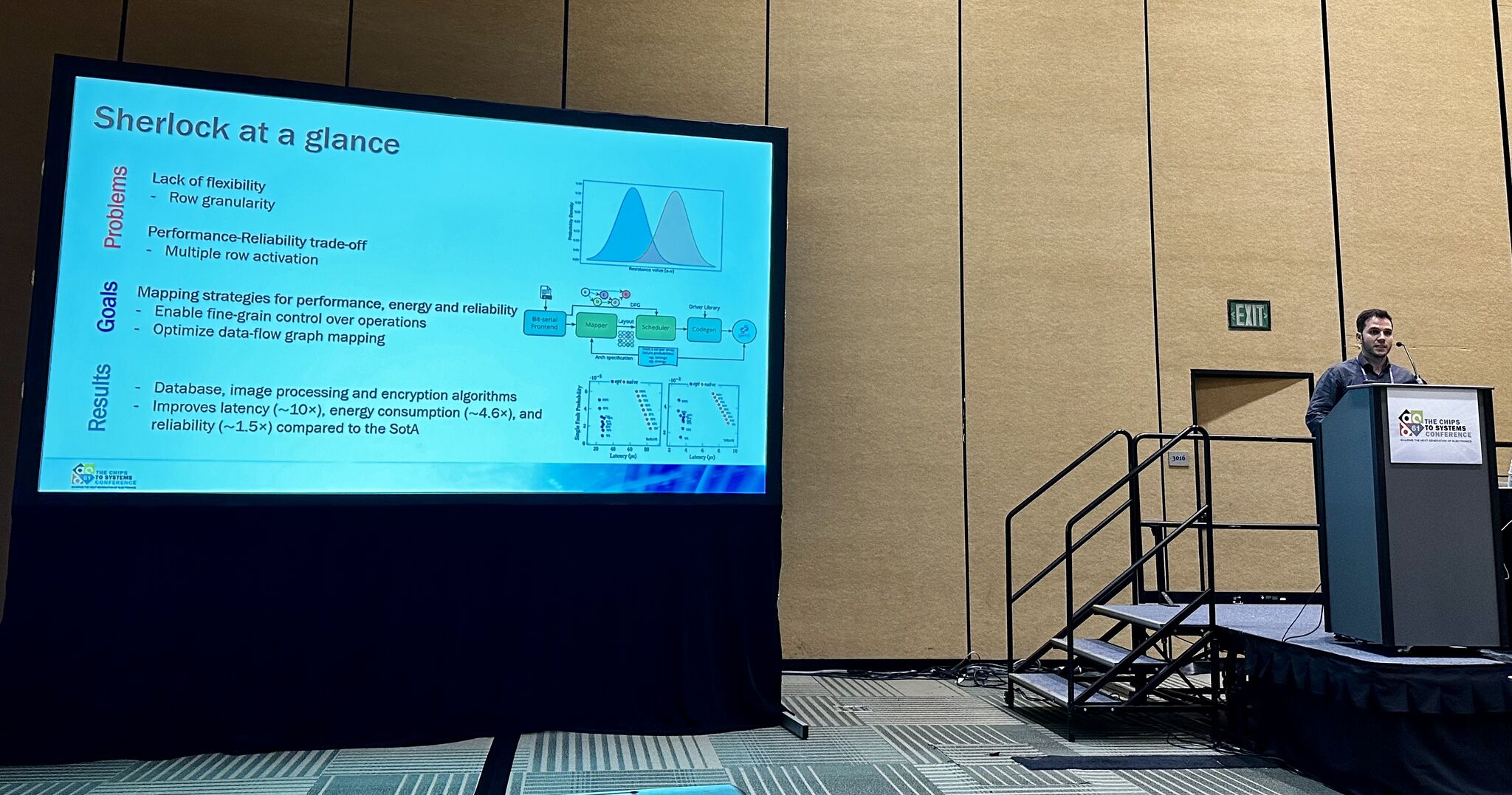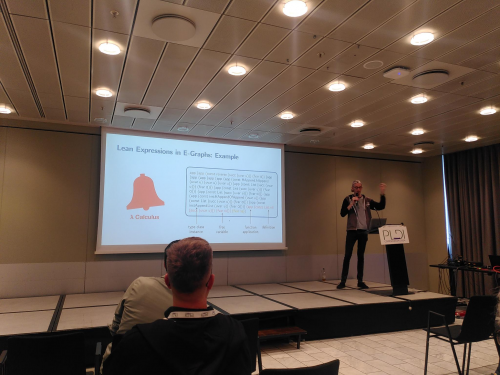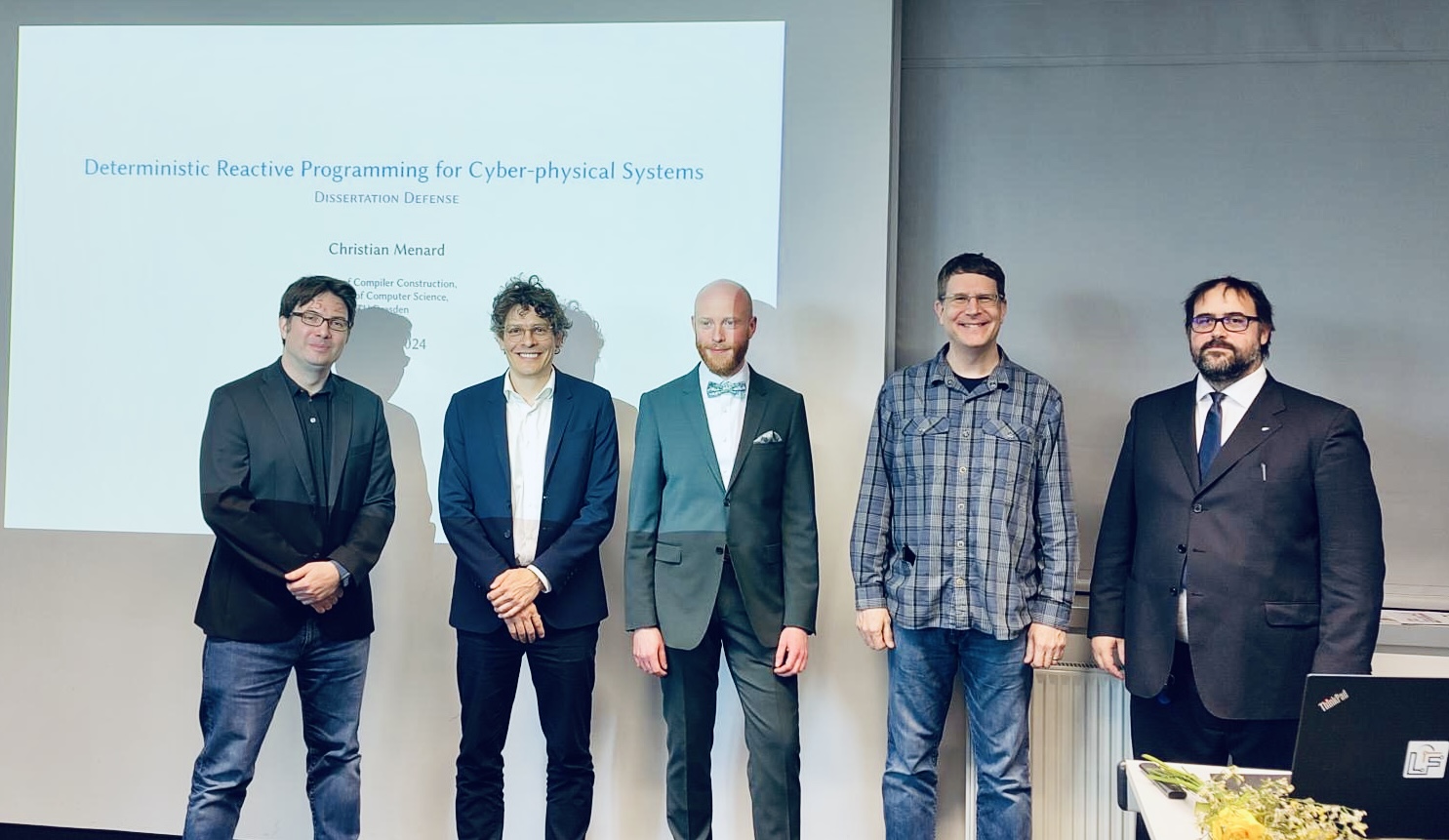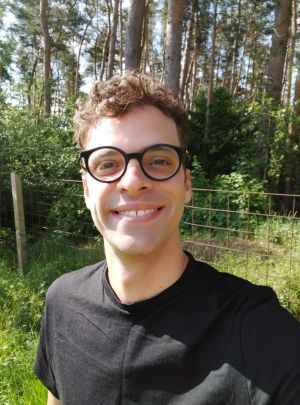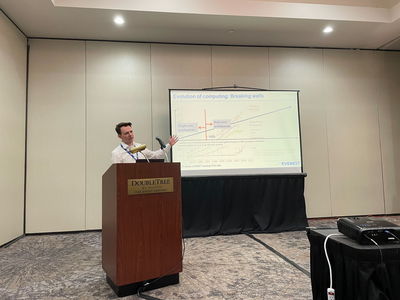Chair News
Invited talk on Near Memory Computing ABUMPIMP @ Euro-Par 2024
Read more … Invited talk on Near Memory Computing ABUMPIMP @ Euro-Par 2024
CC Chair at DAC'24
Published on
The CC Chair participated in the Rewe Team Challenge 2024
Read more … The CC Chair participated in the Rewe Team Challenge 2024
Felix Suchert and part of the EVEREST Team at FCCM’24
Read more … Felix Suchert and part of the EVEREST Team at FCCM’24
Page 3 of 17






